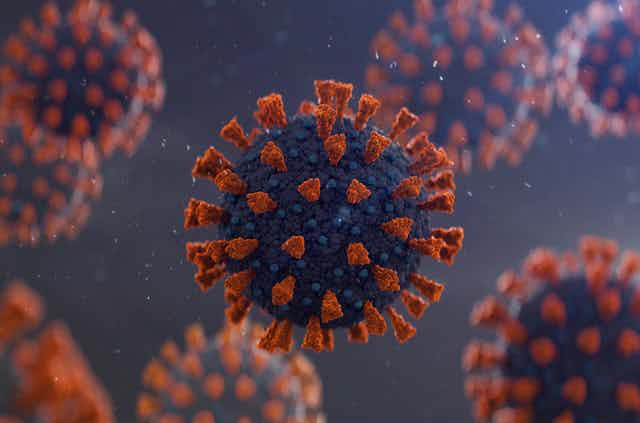On a path to better understanding the mechanisms of viral pathogenesis, a research team at Washington University in St. Louis were able to construct a chemical compound they believe can interfere with the virus’ invasion of human cells for prolonged infection.
Known as MM3122, the findings in Proceedings of the National Academy of Sciences show that the compound may in fact provide beneficial effects when it comes to preventing infection and decreasing the severity of symptoms associated with viral diseases, like SARS-CoV-2.
The compound is said to work by targeting and inhibiting the protein transmembrane serine protease 2 (TMPRSS2), used by coronaviruses to thrive by infecting human cells. The compound also inhibits the protein matriptase.
“MM3122 represents an advanced lead candidate for clinical development as a novel antiviral drug for COVID-19,” the study’s authors explained in their PNAS report. “In addition to being novel drugs, these selective TMRSS2 inhibitors can be used as valuable chemical probes to help elucidate mechanisms of viral pathogenesis.”
“Since TMPRSS2 plays a key role as a viral protein processing protease in the pathogenesis of other coronaviruses (SARS-CoV, MERS-CoV) as well as influenza viruses, MM3122 and this class of TMPRSS2 inhibitors hold much promise as new drugs to not only treat SARS-CoV-2 infections but also potentially represent broad-spectrum antivirals.”


